Is it good idea to replace virtual multiple inheritance (diamon) with teplates inheritence (linear)? For example I have this class diagram :
IBase
/ \
/ \
IExtendedBase BaseImpl
\ /
ExtendedImpl
I know that I can implement it with virtual inheritance. But can I use templates in order to make this diagram linear?
class IBase
{
public:
virtual std::string name() = 0;
};
template<typename T>
class BaseImpl : public T
{
public:
virtual std::string name() override
{
return "BaseCommonImpl";
}
};
template<typename T>
class IExtendedBase : public T
{
public:
virtual std::string extended_name() = 0;
};
template<typename T>
class ExtendedBaseImpl : public T
{
public:
virtual std::string extended_name() override
{
return "ExtendedBaseImpl";
}
};
Now with typedef I can specialize ExtendedBase
typedef IExtendedBase<BaseImpl<IBase>> _ExtendedBase;
typedef ExtendedBaseImpl<_ExtendedBase> _ExtendedBaseImpl;
Which method is better? Virtual inheritance or template inheritance?

